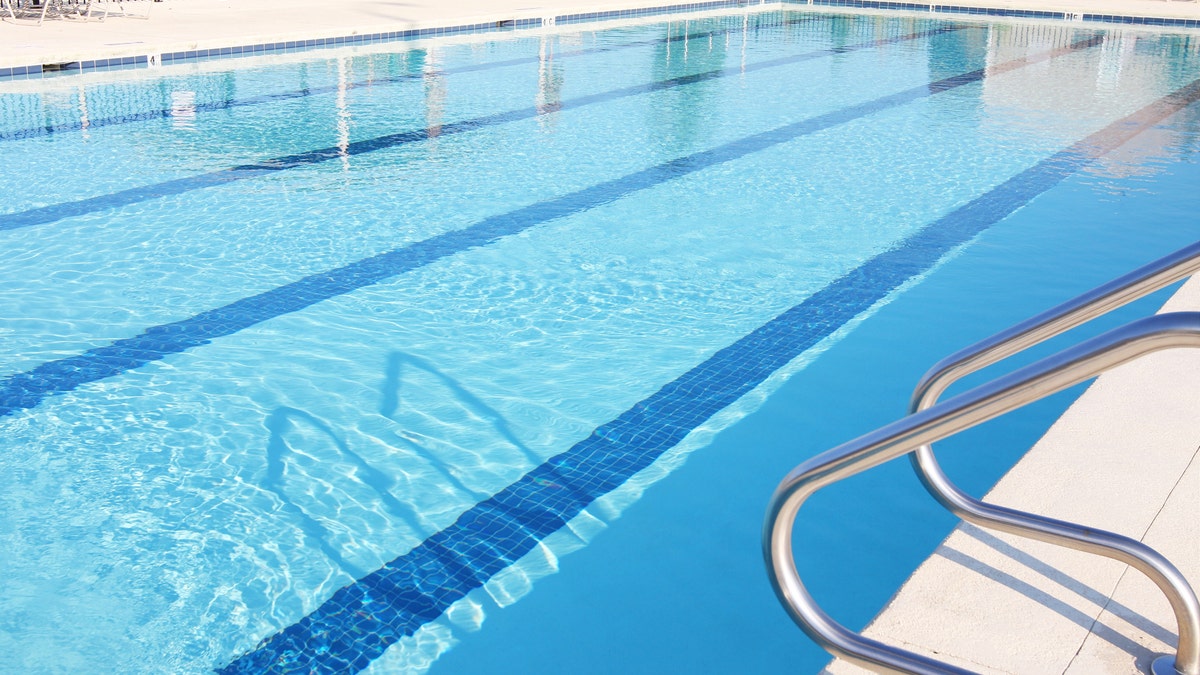Fox News Flash top headlines for May 14
Fox News Flash top headlines are here. Check out what's clicking on Foxnews.com.
Get all the latest news on coronavirus and more delivered daily to your inbox. Sign up here.
With summer approaching, a dip in a crisp pool is all one needs to cool off on a hot day. But can the novel coronavirus spread in pool water?
In addition to inhaling an infected person’s respiratory droplets or contracting the virus from an asymptomatic carrier, preliminary research shows that the novel virus can last on surfaces for days, and can remain in the air for hours. Other studies have shown the human eyes are particularly susceptible to the virus. It seems the ways in which the virus can spread are endless — but thankfully, pool water is likely not a vector of transmission, according to the Centers for Disease Control and Prevention (CDC), that is.
CORONAVIRUS IN THE US: STATE-BY-STATE BREAKDOWN
“There is no evidence that the virus that causes COVID-19 can be spread to people through the water in pools, hot tubs, spas, or water play areas,” the federal agency states, noting that “Proper operation and maintenance (including disinfection with chlorine and bromine) of these facilities should inactivate the virus in the water.”
Though the water itself may not be a method of transmission, those who swim in the pool — especially if it’s a public one — could be. That’s why community pools in some states will not open this summer.

“There is no evidence that the virus that causes COVID-19 can be spread to people through the water in pools, hot tubs, spas, or water play areas," the CDC says. (iStock)
Tennessee State Parks, for instance, announced this week that all of its swimming pools will remain closed throughout the season.
“COVID-19 presents unique challenges for managing pools. Pools are confined spaces not conducive to social distancing,” reads a statement from Tennessee State Parks. “The very nature of lifeguarding requires close contact with pool users and creates the potential for unnecessary risk in life-saving situations. We apologize for this inconvenience and look forward to the next opportunity we have to reopen pool facilities for your enjoyment.”
CORONAVIRUS OUTBREAK AT MARUCHAN RAMEN NOODLE FACTORY IN VIRGINIA SICKENS AT LEAST 7 WORKERS
That said, the CDC offers interim guidance for businesses and employers for cleaning and disinfecting community facilities, which includes advice for community pools, hot tubs, spas, and water play areas.
“Everyone should follow local and state guidance that may determine when and how recreational water facilities may operate,” the CDC advises.




















